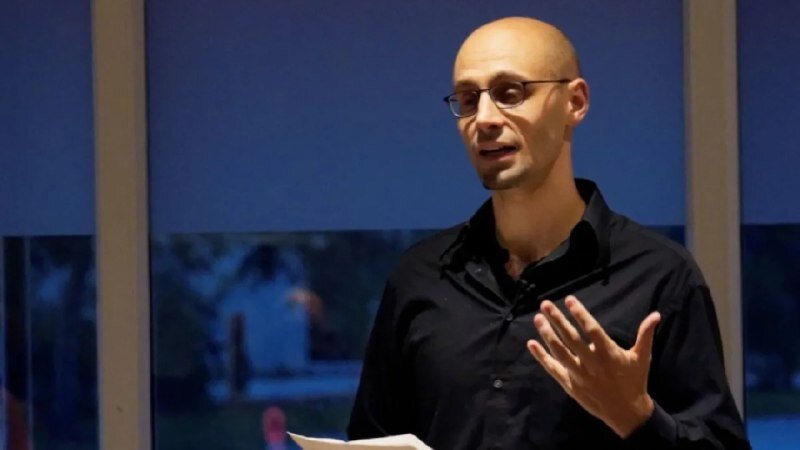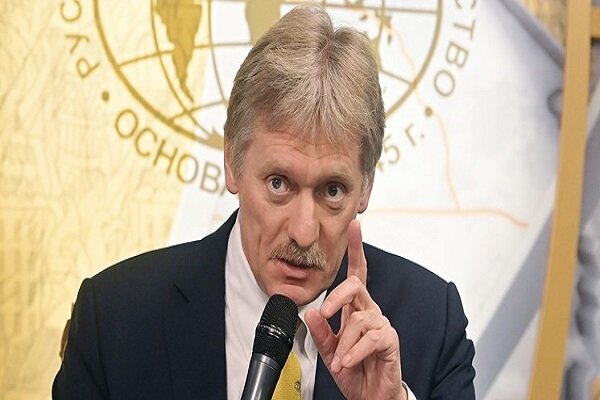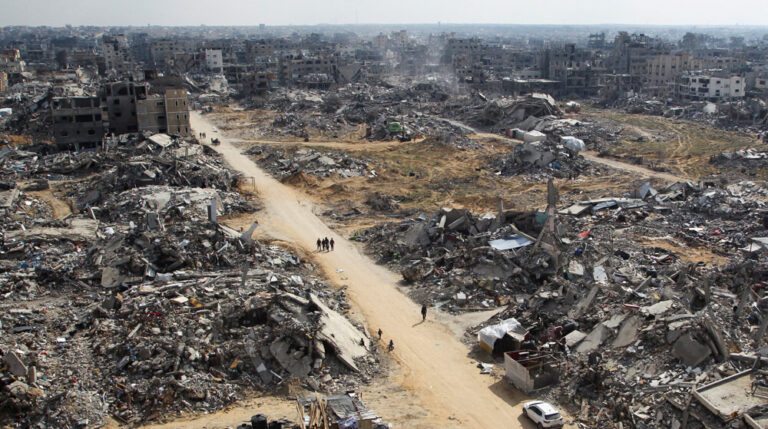Canadian Activist and Author Arrested for Bold Pro-Palestinian Advocacy
A recent incident in Montreal has sparked significant debate surrounding issues of free speech and activism, particularly regarding criticism of Israel. Yves Engler, a prominent Canadian activist and author known for his vocal opposition to Israel and the Canadian military complex, was arrested on Thursday following remarks directed at a pro-Israeli influencer.
Engler’s arrest was precipitated by a complaint lodged by Dahlia Kurtz, a Zionist influencer, who accused him of harassment. Over the past two decades, Engler has established himself as a fierce critic of Israeli policies and has often been compared to renowned intellectual Noam Chomsky.
Upon learning of the police’s intention to arrest him, Engler took to social media to discuss the situation, emphasizing that he had responded to Kurtz’s “racist, violent, anti-Palestinian posts” but had not engaged in any form of harassment. He stated:
“I’ve never met Kurtz. Nor have I messaged or emailed her. Nor have I threatened her. I don’t even follow her on X (Twitter’s algorithm puts her posts in my feed).”
Following Engler’s online revelations, the Canadian Foreign Policy Institute mobilized support for him, resulting in nearly 3,200 individuals contacting the Montreal police to demand the dismissal of charges against him. This outpouring of support seemed to have an unintended consequence, as Engler reported that the police responded with additional disciplinary charges, claiming he was “harassing [them] for writing about the charges leveled against me” and instructing him to refrain from discussing his case.
Engler, a father of two, was taken into custody and appeared before a judge later that afternoon. His arrest has drawn widespread attention and criticism, particularly from political figures such as Alex Tyrrell, the leader of the Green Party of Quebec. Tyrrell accompanied Engler to the police station and shared his thoughts on the event with Middle East Eye:
“I think it’s a shocking attack on free expression and democratic rights and criticism of Israel in Canada – a country that’s supposed to be a free, democratic society. We’re supposed to speak out about a genocide,”
Tyrrell emphasized that Engler is one of Canada’s most vocal advocates regarding the Israel-Palestine conflict, asserting that the allegations from Kurtz served as the foundation for Engler’s arrest.
This incident raises critical questions about the balance between freedom of speech and the boundaries of public discourse in Canada. As discussions surrounding Israel and Palestine become increasingly polarized, the implications of Engler’s arrest could have broader consequences for activists and individuals who express dissenting views.
- Background on Yves Engler: Engler has been a prominent voice against Canadian foreign policy and its alignment with Israel, raising awareness about various human rights issues.
- Support from the Community: The rapid mobilization of support for Engler highlights a significant portion of the Canadian public’s discontent with governmental responses to political activism.
- Political Reactions: Various political leaders and organizations are voicing their opposition to what they view as an infringement on free speech and democratic rights.
- Potential Consequences: Engler’s case may set a precedent for how similar complaints are handled in the future, impacting the activism landscape in Canada.
As the situation continues to develop, many are closely watching how it will unfold in the context of ongoing discussions about human rights, activism, and free expression in Canada. The arrest of Yves Engler serves as a stark reminder of the challenges faced by those who speak out against powerful interests and controversial policies.






